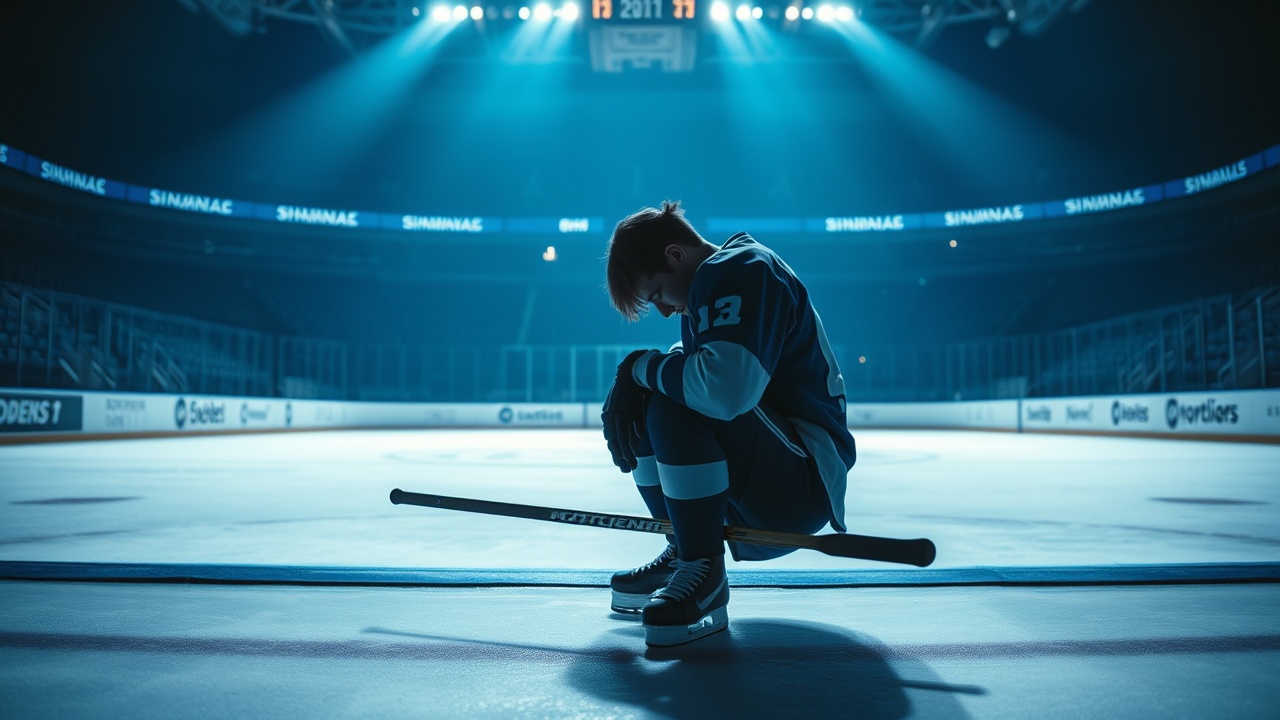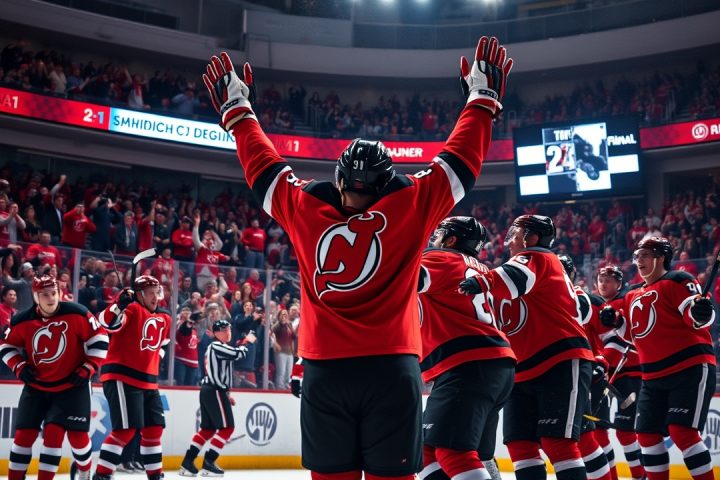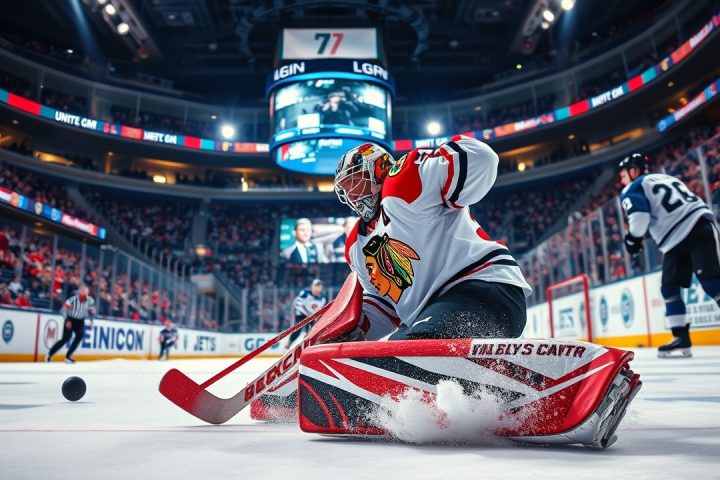Introduction
Cody Glass found himself grappling with a series of unexpected hurdles in the aftermath of a torn ACL that brought his promising NHL rookie season to a crashing halt. Hopes were high for the talented playmaker, who was selected sixth overall by the Vegas Golden Knights in the 2017 draft after a stunning performance in the WHL.
Early Career and Challenges
Transitioning to the professional level, Glass quickly made an impact with the Chicago Wolves, showcasing his skill in the Calder Cup finals and collecting six points in his first nine NHL games alongside renowned players Mark Stone and Max Pacioretty.
However, his ascent was cut short when injuries and team dynamics began to unravel his initial success. As the Golden Knights recuperated from their injuries, Glass saw his position diminish, sometimes even playing on the wing—a role he was unfamiliar with—which greatly impacted his performance; his scoring fell sharply to just six points over his final 30 games. It was early March 2020 when he underwent surgery on his knee, coinciding with the onset of the pandemic.
Isolation and Mental Health Struggles
In the wake of his surgery, Glass battled intense isolation alongside physical limitation, relying predominantly on brief interactions with a team trainer for rehabilitation. He reflected on those days, noting the overwhelming mental toll the situation took on him.
“I was in a pretty dark place,”
he admitted, recognizing that grappling with physical pain while under immense pressure to perform, compounded by a sense of loneliness, was incredibly challenging.
Despite the lifting of isolation over time, his on-ice struggles persisted, leading to a lackluster performance during the 2020-21 season, netting just 10 points in 27 games. Players drafted ahead of him such as Miro Heiskanen and Cale Makar quickly became breakout stars, amplifying the pressure Glass felt to prove himself. He voiced his doubts, questioning whether he still wanted to pursue a career in hockey as the joy of the game faded amidst the stress.
The Weight of Expectations
Having to balance his identity as the Golden Knights’ first-ever draft pick with expectations and contributions placed a heavy burden on him. As Glass and his fellow teammates navigated the treacherous waters of performance slumps, the intense mental challenges that come with such situations became apparent. Former NHL players, like Frank Corrado, shared their experiences, revealing the suffocating weight of skirmishing with underperformance—feeling as if they were being judged at every turn by fans and a relentless media.
The stigma surrounding vulnerable discussions in a high-stakes environment like the NHL meant players often kept their struggles to themselves, worried it might jeopardize their standing with coaches or teammates. Dr. Alicia Naser, a behavioral analyst, highlighted the hesitation players face in revealing their emotional battles, even among colleagues with whom they share a bond.
Yet, there is a growing recognition within the league of the necessity of mental health support; many players like Glass have begun to actively seek professional help to address their psychological strains.
The Shift Towards Mental Wellness
NHL teams are now investing significant resources in player mental health. As Naser notes, reframing negative experiences—like acknowledging mistakes as part of the sport rather than catastrophic failures—can be instrumental in recovery.
“If you’re feeling pressure, that means you care,”
she pointed out, advocating for a mindset that transforms the perception of pressure as an opportunity rather than a hindrance. Individual strategies, such as setting aside time to process and release negative thoughts, have also been found to ease mental burdens.
For many players, grasping these methods is crucial, especially considering the relentless nature of the NHL schedule, which offers little reprieve for those experiencing tough stretches of play. The desire to excel, coupled with the fear of underperformance, makes the path to maintaining mental health during such times exceedingly challenging. As players like Nikita Zadorov from the Boston Bruins articulate, the public often sees only a fraction of the pressures and complexities of professional sports life, leaving significant aspects of their struggle unacknowledged and unrelatable to outsiders.
In tune with the realities of their profession, players increasingly recognize the importance of mental wellness amidst the rigors of their demanding careers, emphasizing a growing cultural shift towards valuing mental health in the fast-paced world of professional hockey.




